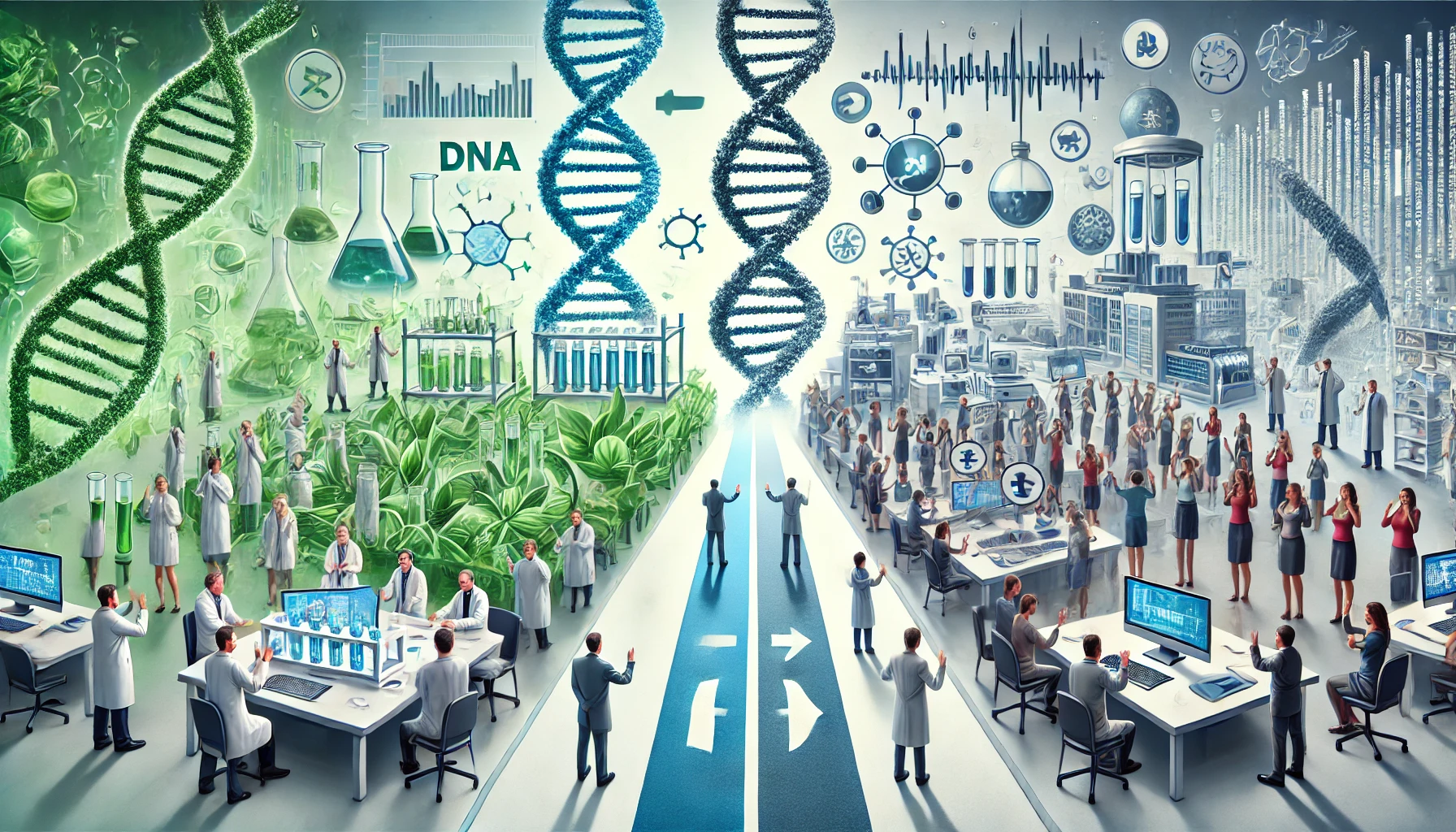What is the public view of gene editing?
Article Source: The Public View of Gene Editing

Why you should care
Gene editing is revolutionizing medicine and agriculture, promising solutions to diseases and food insecurity. However, it’s not just about the science—public perception plays a crucial role in how these advancements unfold. Understanding how people view this powerful technology is vital for shaping its future use and policy.
Answering the question… What is the public view of gene editing?
Public opinion on gene editing is a mix of excitement and caution. The article highlights that 60% of people support medical applications like curing genetic disorders, while only 30% feel comfortable with non-medical uses such as designer babies. Ethical concerns remain high, with 70% worried about unintended consequences. A striking stat: over 50% think stricter regulations are necessary before wide adoption.
How was the study done?
The research combined surveys and focus groups across multiple demographics to gather public attitudes. It analyzed opinions on various uses of gene editing, from healthcare to agriculture. By comparing responses across age, education, and cultural backgrounds, the study provided a detailed view of societal concerns and acceptance levels.
What was discovered?
- 60% of participants favored gene editing for treating severe diseases like cancer or genetic disorders.
- Only 30% approved of its use for enhancing physical traits or intelligence.
- 70% expressed ethical concerns, particularly regarding possible misuse or unintended effects.
- Over half of the respondents demanded more stringent oversight and regulations.
- The study showed younger generations were more open to gene editing, while older individuals expressed higher levels of caution.
- Agricultural applications received mixed reactions, with 45% supportive for improving crop yields but wary of its environmental impacts.
Why does it matter?
The future of gene editing hinges on public trust. With 70% expressing ethical concerns, scientists and policymakers need to address fears about safety, fairness, and regulation. Public acceptance could drive breakthroughs in medicine and sustainable farming or stall progress if concerns remain unaddressed. Balancing innovation with transparency will determine the trajectory of this transformative technology.
